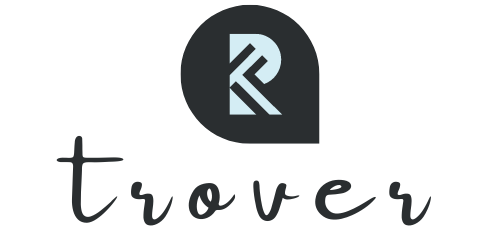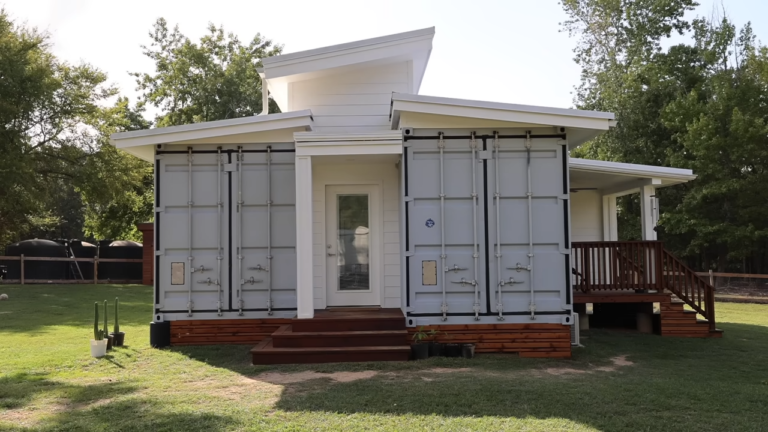Senior living solutions are increasingly important as the global population ages. This blog post explores who qualifies for housing assistance, focusing on seniors. We’ll look at what senior housing assistance involves, the types of senior housing available, and why this assistance is essential.
Additionally, we’ll delve into eligibility criteria, including age, income limits, medical, and functional requirements. Understanding the documentation and application process is crucial, as is knowing about government and non-governmental programs. This comprehensive guide aims to demystify the process and provide valuable insights for seniors and their families.
Defining Senior Housing Assistance

Senior housing assistance refers to programs and services designed to help older adults afford and access safe, suitable housing. This assistance can take various forms, including financial aid, subsidized housing, and supportive services.
It’s tailored to meet the diverse needs of seniors, considering their financial, health, and social requirements. The goal of senior housing assistance is to ensure that seniors can live comfortably and securely, often in a community setting that fosters social interaction and provides necessary care.
Types of Senior Living Options
Senior living options cater to various needs. Independent living communities suit those who can manage independently but enjoy social interactions with peers. Assisted living provides additional support with daily tasks like medication management and personal care. Nursing homes cater to individuals with serious health concerns, offering 24-hour medical care and support.
Continuing Care Retirement Communities (CCRCs) offer a spectrum of care from independent living to nursing care in one location. These options ensure seniors find living arrangements that adapt as their needs evolve, offering comfort and appropriate levels of care. For some of the best senior housing options out there read more here.
Importance of Assistance for Seniors
Assistance for seniors is crucial, particularly for those with limited incomes facing escalating medical expenses. This support ensures access to safe, cost-effective living environments, pivotal for their health and happiness.
Quality living spaces can lessen health risks, improve healthcare access, and elevate overall life quality. This support eases the financial strain on families, helping seniors retain their independence and dignity. By addressing both health and social needs, assistance for seniors plays a key role in their overall well-being.
Eligibility Criteria for Senior Support

Eligibility for senior support involves several factors: age, income, health, and required care level. Each program has specific criteria, aiming to aid those most in need. Age often determines eligibility, with many programs focusing on individuals over a certain age, often 62.
Income assessments take into account pensions, social security, and savings, targeting financial support to low-income seniors. Health and functional ability are also evaluated, ensuring seniors receive the necessary care level. Understanding these criteria is essential for accessing support and making informed decisions about living options.
Age Requirements for Senior Programs
Age is a fundamental criterion for senior programs. Typically, these programs define eligible individuals as those aged 62 or older. However, some programs may have different age thresholds, extending support to younger seniors with specific needs.
This age-based focus ensures that support and services are directed to those requiring age-related care and housing solutions. Staying informed about these age requirements is vital for seniors and their families seeking support and services tailored to their age group.
Income Limits for Senior Support
Income limits are a key factor in determining eligibility for senior support. These thresholds vary, focusing on assisting low-income seniors. Income evaluations include sources like pensions and social security.
This approach ensures that financial aid is allocated to those most in need, allowing access to suitable living options despite financial constraints. Being aware of these limits helps seniors understand their qualifications for various support programs, guiding them in seeking appropriate assistance.
Medical and Functional Requirements for Senior Support

Medical and functional criteria are pivotal in determining eligibility for senior support. These requirements assess a senior’s health and the level of care needed. Programs may ask for medical assessments or evidence of daily living assistance needs.
Meeting these criteria is often essential for accessing specific living arrangements, especially those offering higher care levels. Seniors and their families must understand these requirements to find suitable support and living solutions.
Documentation and Application for Senior Support
The application process for senior support involves meticulous preparation. It includes gathering personal identification, detailed financial records, and comprehensive medical documentation. This process can often be daunting, requiring a deep understanding of each document’s significance.
Seniors and their families must pay close attention to the guidelines and deadlines for submission, as any delay or error can impede access to necessary assistance. Accurate and timely submission of these documents is crucial. Assistance from social workers or legal advisors can be invaluable in navigating this complex process, ensuring that all requirements are met efficiently and correctly.
Government Programs for Senior Living
Government programs are essential in providing diverse senior living options. Agencies like HUD (Housing and Urban Development) and Section 202 programs focus on affordability and accessibility. These programs cater to various needs, offering financial aid for rent, utilities, and sometimes even healthcare services.
To benefit from these programs, understanding their specifics, eligibility criteria, and application process is vital. These government initiatives often have long waiting lists, so early application is advisable.
They are designed to lift the financial burden off seniors, making comfortable living arrangements more accessible. Seniors and their families should explore these options thoroughly to identify the most suitable program.
Non-Governmental Options for Senior Support
Non-governmental organizations play a crucial role in supplementing senior support services. These entities, including charities, religious organizations, and private foundations, offer a range of resources, often filling gaps left by government programs.
Their services might include financial assistance, healthcare, social activities, and educational programs tailored to seniors. These organizations often provide a more personalized approach to care, focusing on holistic well-being.
They are especially beneficial for seniors seeking specialized care or those who do not meet the strict criteria of government programs. Engaging with local community resources and non-profit organizations can open doors to a variety of support options, ensuring seniors receive the comprehensive care and assistance they deserve.
Conclusion
Understanding eligibility for senior housing assistance is crucial for seniors and their families. This guide has outlined the types of assistance available, eligibility criteria, and how to navigate the application process. With the right information and resources, seniors can find suitable housing solutions that meet their needs and enhance their quality of life.
Related Posts:
- Container Van Living: A New Trend in Manila’s Housing Scene
- Does It Snow In Iceland? Exploring Its Icy Evolution
- Does It Snow In Ketchikan, Alaska? Exploring the…
- Does It Snow In Joshua Tree National Park? Exploring…
- Does It Snow in Rio De Janeiro? Exploring the Unimaginable
- Does It Snow In Detroit? Exploring the Snowy Side of…







